
Meaning, etymology and origin of word Monolithic
Derived from Greek ‘monos’ (single) and ‘lithos’ (stone), ‘monolithic’ describes large, uniform structures or unified systems.
But you don't know it

Derived from Greek ‘monos’ (single) and ‘lithos’ (stone), ‘monolithic’ describes large, uniform structures or unified systems.
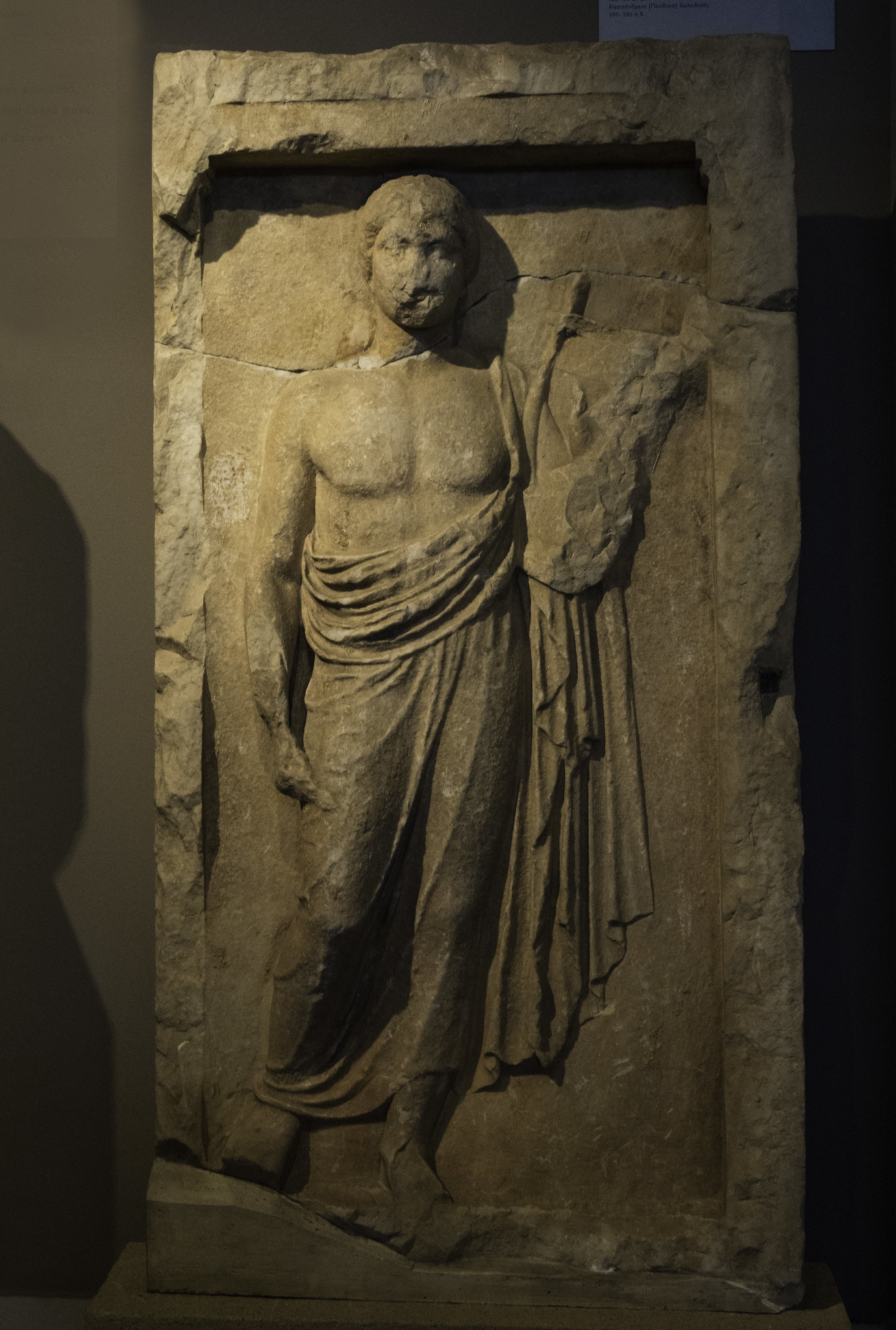
The word “harmony” has its etymology and origin in ancient Greek.
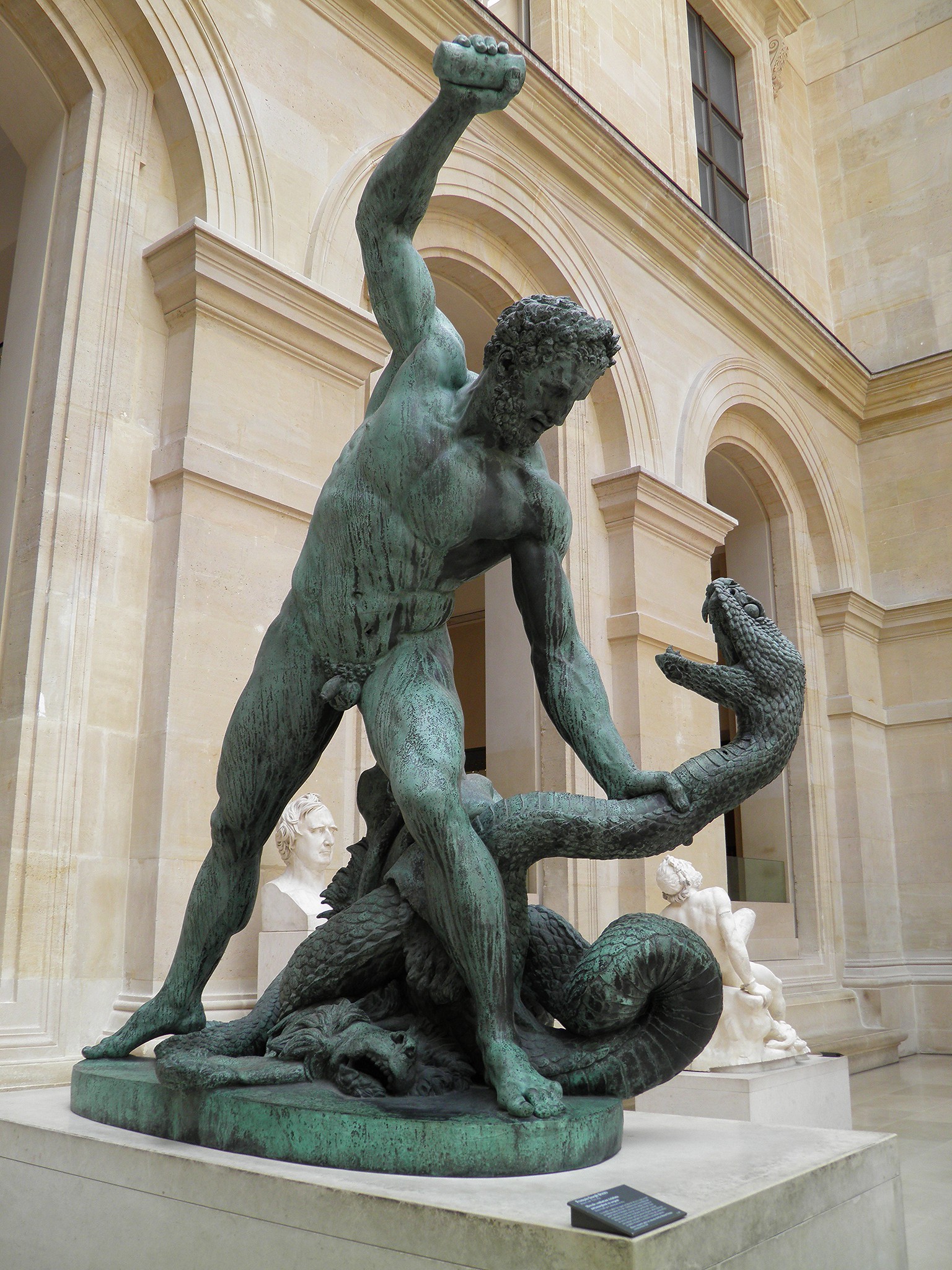
Explore the rich history of the word ‘epic,’ from its ancient Greek origins in classical literature, embodying grand tales and heroism, to its modern adaptation in various forms of storytelling and everyday language, reflecting a journey across time and cultures
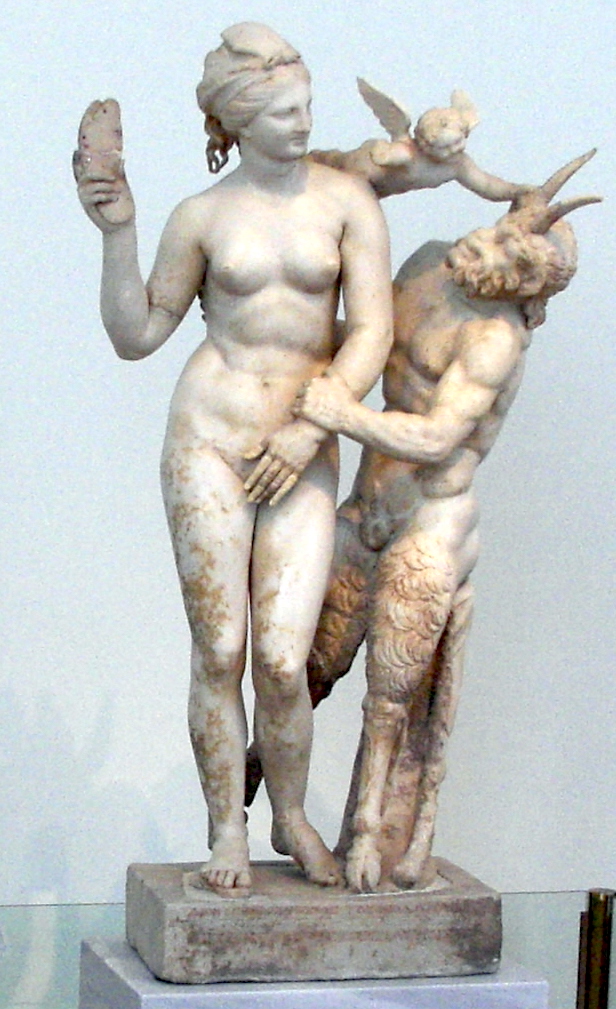
The term “satire” traces its roots to Ancient Greece and the Greek word “σάτυρος” (satyros), referring to mischievous creatures known for their humor in Greek plays. Evolving in Rome, satire became a tool for societal critique. The contemporary concept of satire, encompassing various media forms, exposes societal follies through humor and irony, reflecting its enduring influence since ancient times.
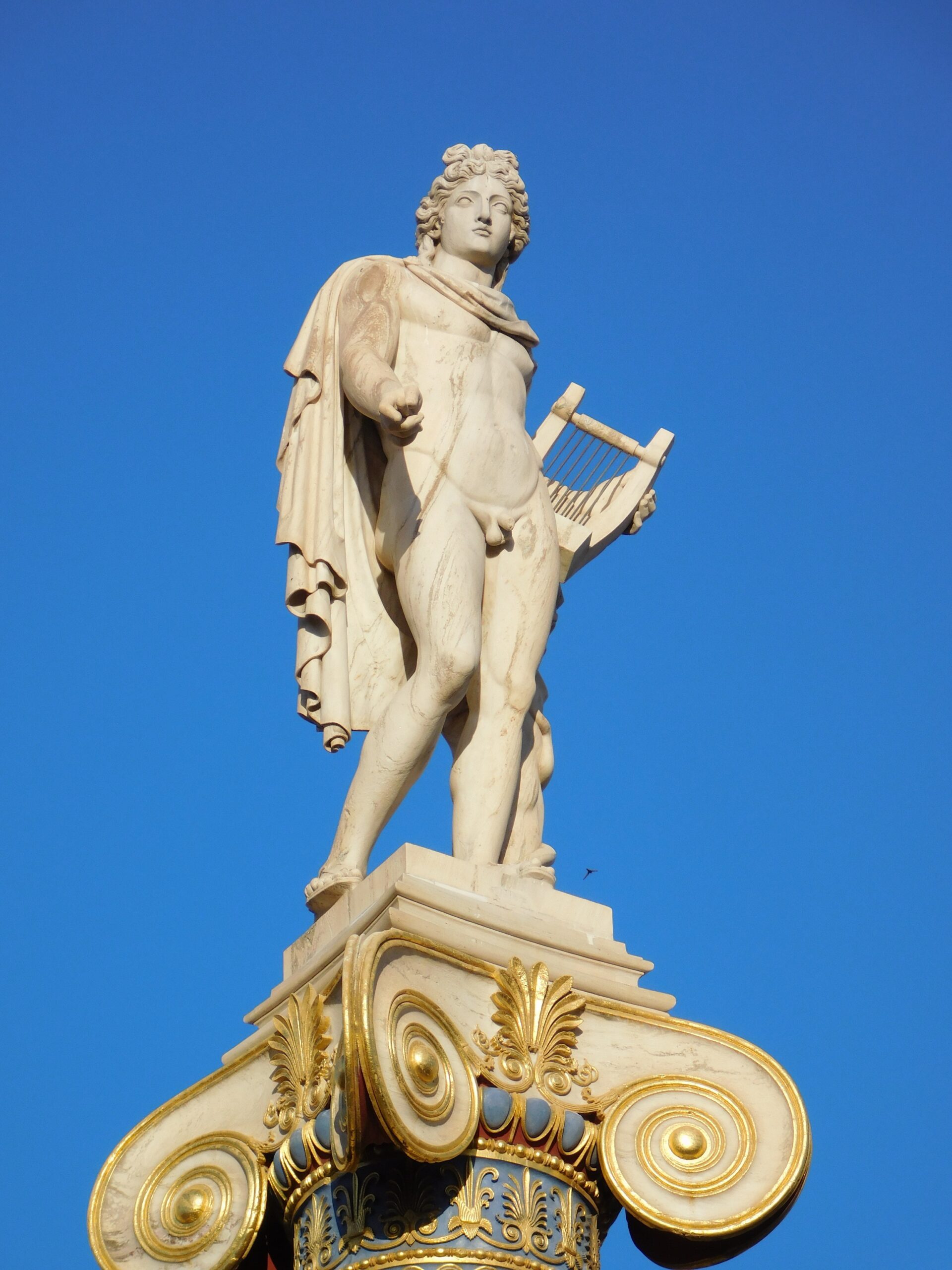
The word “lyric” has its origins in ancient Greece. It comes from the Greek word “lyrikos,” which means “singing to the lyre.” The lyre was a musical instrument with strings that was commonly used in ancient Greece. The term “lyric” originally referred to a type of poetry that was meant[…]

Ancient Greek comedy focused on humour and mocked social issues. However, it also included serious and tragic elements, blurring the line between comedy and tragedy.

Discover the origins of ‘tragedy’ from Ancient Greek ‘τραγῳδία’ – a dramatic form featuring downfall of a hero, now a term for any sad event.

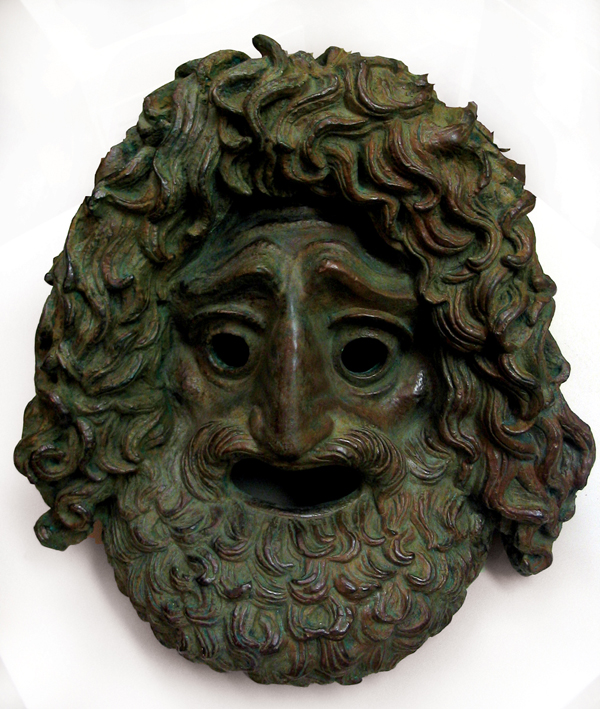
The word “parodía” comes from the Greek prefix “par-” (meaning “beside” or “alongside”) and “odía” (meaning “song” or “ode”). It was originally used to describe a form of ancient Greek comedy in which poets would mock or ridicule other poets or works of literature through satirical imitation.

An ode is an elaborately structured poem praising or glorifying an event or individual, describing nature intellectually as well as emotionally. A classic ode is structured in three major parts: the strophe, the antistrophe, and the epode. Different forms such as the homostrophic ode and the irregular ode also enter.[…]